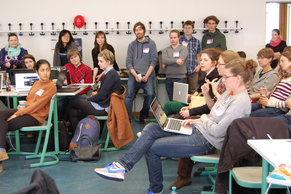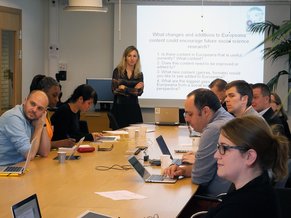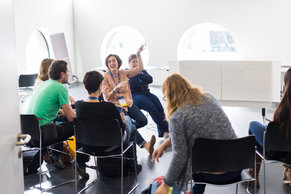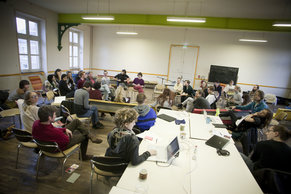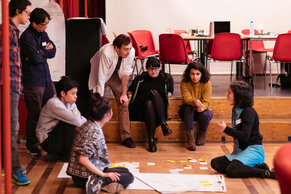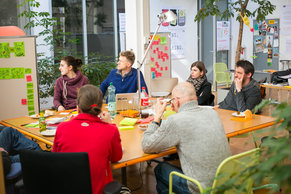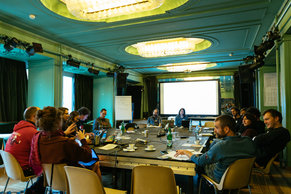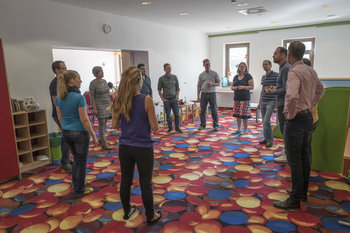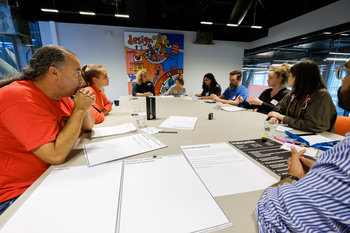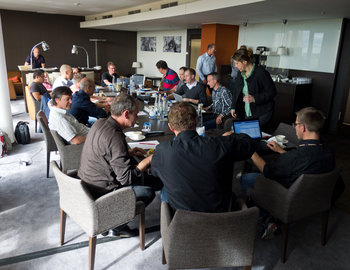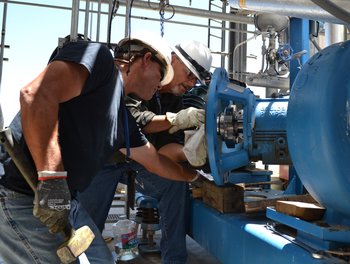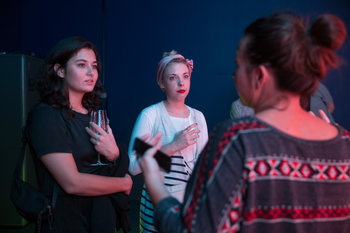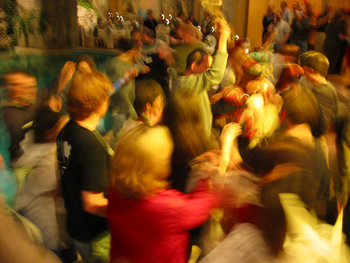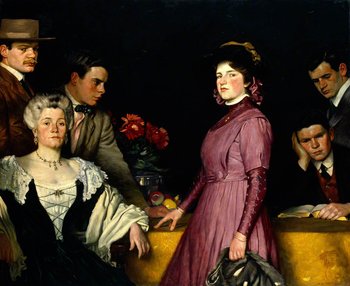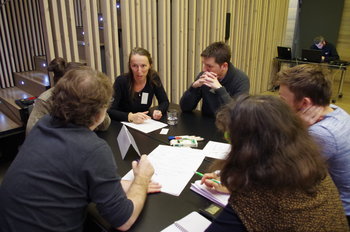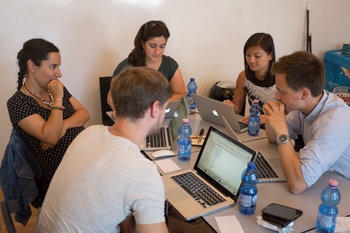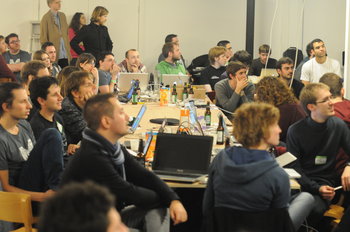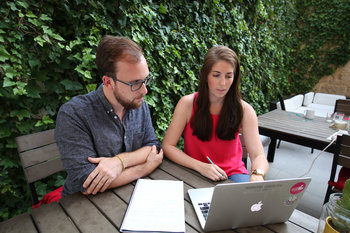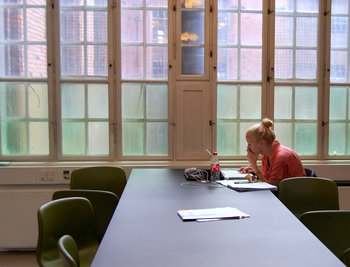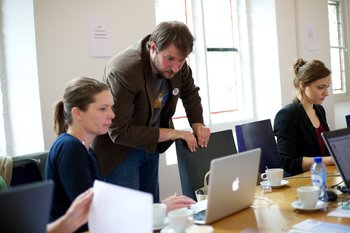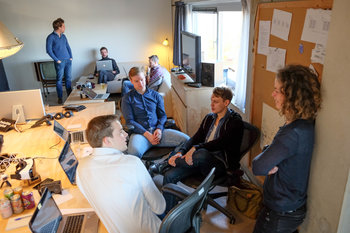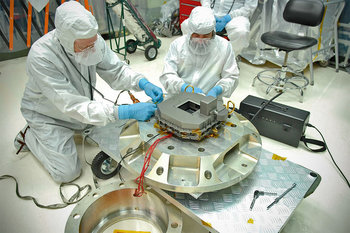
Abundance mentality | Building others up |
Candor | Celebrating successes |
Collaboration | Collective accountability |
Commitment & engagement | Constructive criticism |
Cooperation | Empowerment |
Encouragement | Fair promotions, awards & recognition |
Helping others solve problems | Inclusion & respect |
Mentoring | Onboarding new members |
Open communication | Openness |
Politeness | Professionalism |
Sense of belonging | Shared experiences |
Shared goals | Shared values |
Socializing as a team | Supporting others |
Team loyalty | Transferring skills & knowledge |
Transparency | Trust |
Abundance Mentality
The belief that there is enough for everyone such that you can fully support the development of others. The contrary belief that all situations are inherently win-lose is not conductive to development and productivity as a team.Work Ethic
The belief that hard work in itself has value to the individual. In other words, the sense that work is rewarding and character building. Differences in work ethic between team members can reduce team spirit. Hard workers may develop a sense that they are being taken advantage of by their peers. Light workers may feel that they aren't respected or valuable to the team.Incentives
The sense that work is rewarded with money, respect and valuable experience.Ritual & Celebration
Celebrating events of significance to the team such as the departure of team members, arrival of new members or successfully launching a new product.Norms
Norms are expectations of behavior that evolve in teams. For example, the norm that meetings are short and structured to produce significant value. Productive norms reduce social frictions and improve team spirit.Shared Experience
Memorable experiences both positive and negative that bond team members together. Challenges such as a period of difficult pressures and long hours can create a sense of camaraderie in teams.Consensus Building
Including the entire team in strategy, decision making and problem solving can improve team spirit. However, it may not improve the quality of your strategy, decisions and problem solving unless you have a talented individual in each situation who makes the final call. Techniques such as voting or compromise can lead to sub-optimal outcomes such as design by committee and the abilene paradox.Epic Meaning
The sense that a team is working towards a worthy future. Is is difficult to create a sense of team spirit if your mission is viewed as outdated, useless, uninteresting, hopeless or destructive.Heliotropic Effect
Individuals and teams tend to work towards the most positive image they have of themselves. For example, a team that views itself as the world's most innovative graphic design team, may go on to actually achieve this status. A team that views itself as mediocre is unlikely to outperform or have much team spirit.Summary
The following are common examples of team spirit: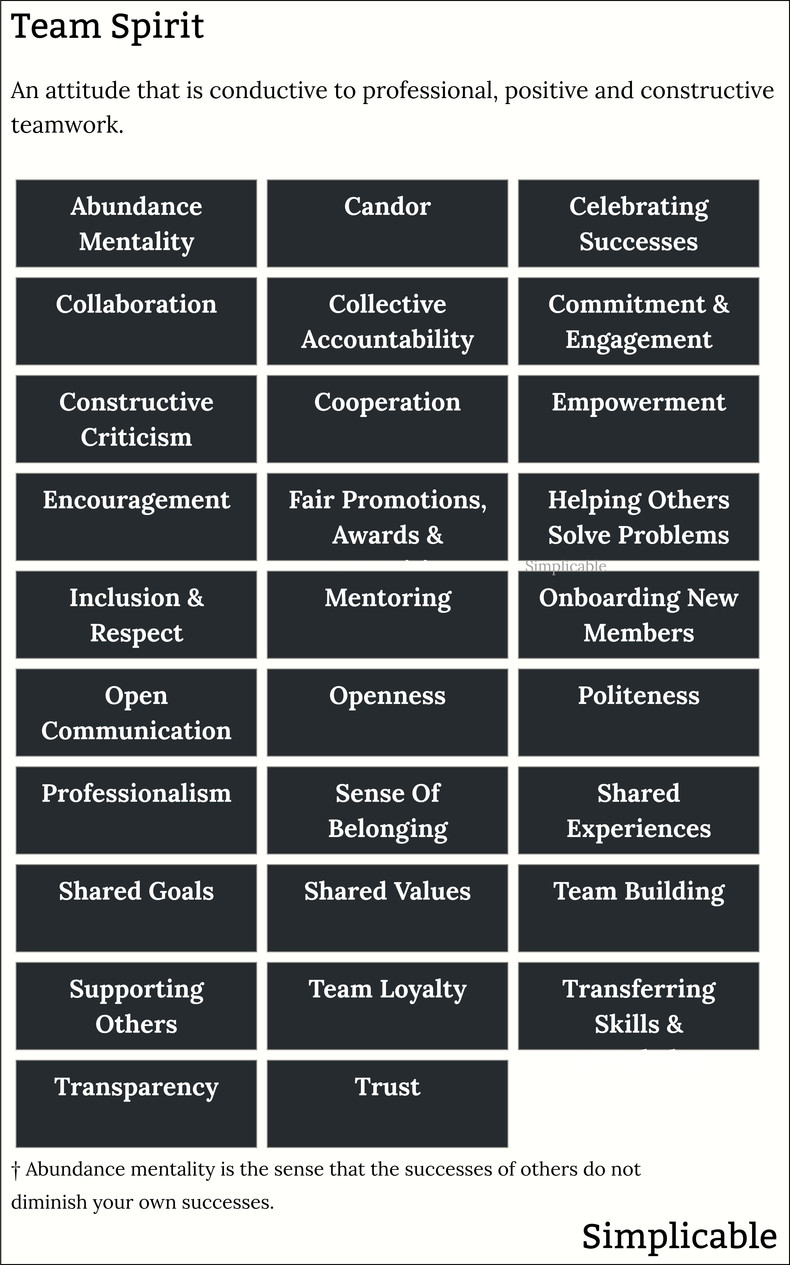
Overview
Team spirit is a set of attitudes that are conductive to being productive as a team.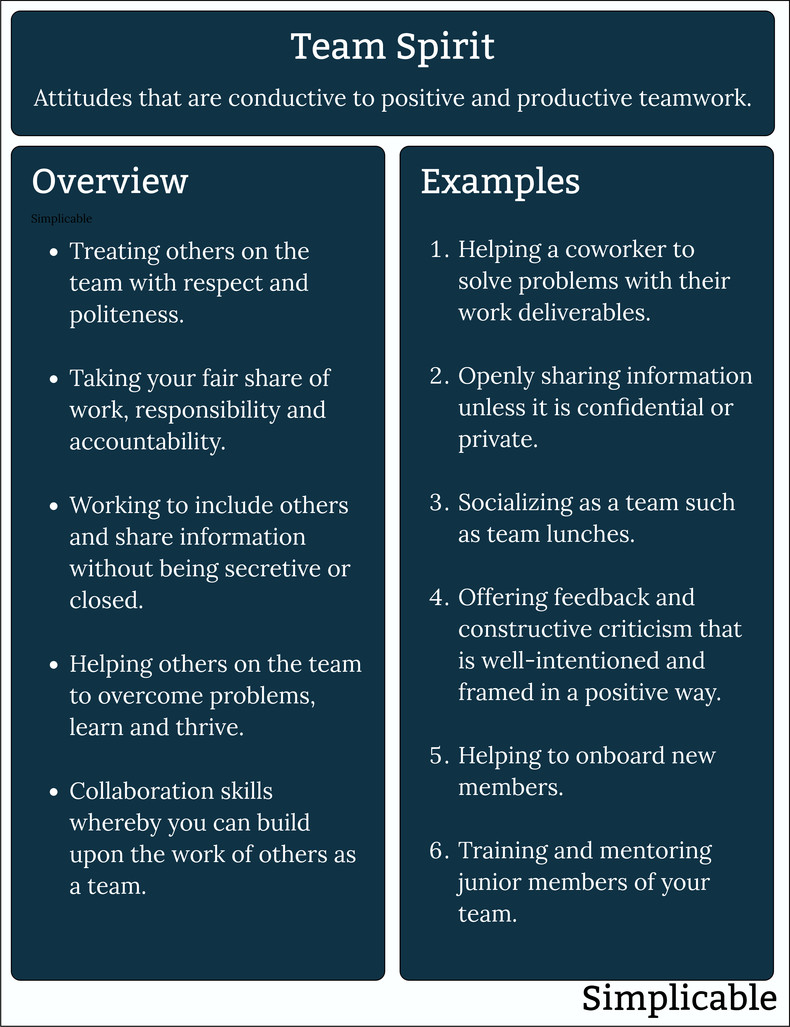
| Overview: Team Spirit | ||
Type | ||
Definition | A sense of trust, respect and optimism that develops in a group that is the basis for working together productively. | |
Related Concepts | ||

